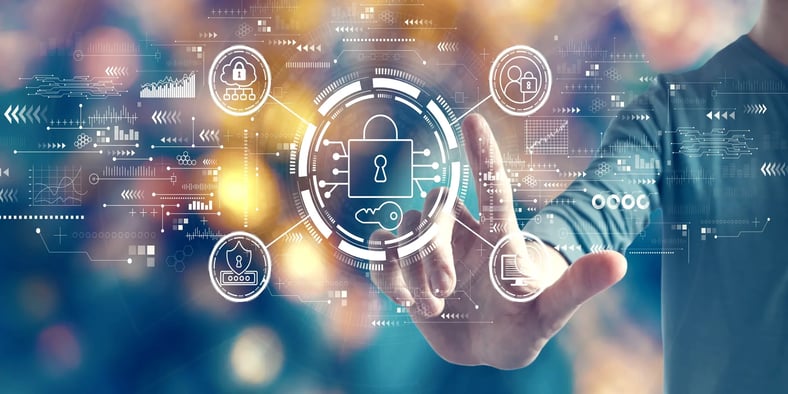In food services industry, IT best practices typically involve ERP
The relationship between IT functionality and revenue has never been closer than it is today.
If a recent Gartner survey is any indication, that statement certainly applies to the food services industry. The research firm polled more than 2,000 CIOs and executives about the current impact that technology is having on business success.
In terms of the strength of the relationship between business and IT, grocery stores ranked No. 7 on the Gartner list, while the retail sector consisting of hotels and restaurants checked in at No. 13.
"Restaurants are great at adapting to change, whatever's thrown at them," Kimberly Savilonis, senior vice president of strategic initiatives and marketing intelligence for GE Franchise Finance, recently told the Nation's Restaurant News.
That adaptation went so well in 2012 that food services revenue increased 4.2 percent year-over-year, according to a GE Franchise Finance study, and it's projected to do more of the same in 2013.
Apparently, this most recent adaptation involves information technology. According to the Gartner study, the portion of the retail sector that includes restaurants ranked in the top 10 in three categories:
- CIOs play a significant role in developing business strategies (No. 2 overall ranking).
- IT departments provide effective information governance (No. 9).
- Decision-makers are extremely effective leaders (No. 1).
The right technological system is key
But developing a top-notch infrastructure doesn't happen by accident, especially during today's tech renaissance. Most likely, food service companies are combining good planning with the right deployment of technological innovations - such as enterprise resource planning (ERP) software.
Michael Siegmund, president of RM Foods, recently told ZDNet that ERP systems "are generally designed to accommodate not only common industry practices but more often than not worldwide best practices and standards."
Siegmund advised companies to opt for full-scale ERP systems, such as those offered by service providers, as opposed to trying to develop a process in-house.
"Not only does it become much more expensive and fraught with errors and problems but it will take a lot longer," he said about internal data management system creation. "It's kind of a losing proposition all in all."
Many of the IT challenges companies face today relate to poor information access, transparency, integration, and other issues relating to mission-critical data. This is precisely where ERP software can make an enormous difference.
In the case of RM Foods, Siegmund said the company has benefited from more accurate reporting and improved visibility. This enables employees to provide customers with a better experience, according to ZDNet - something that is imperative for any company in the services industry.



Post comment